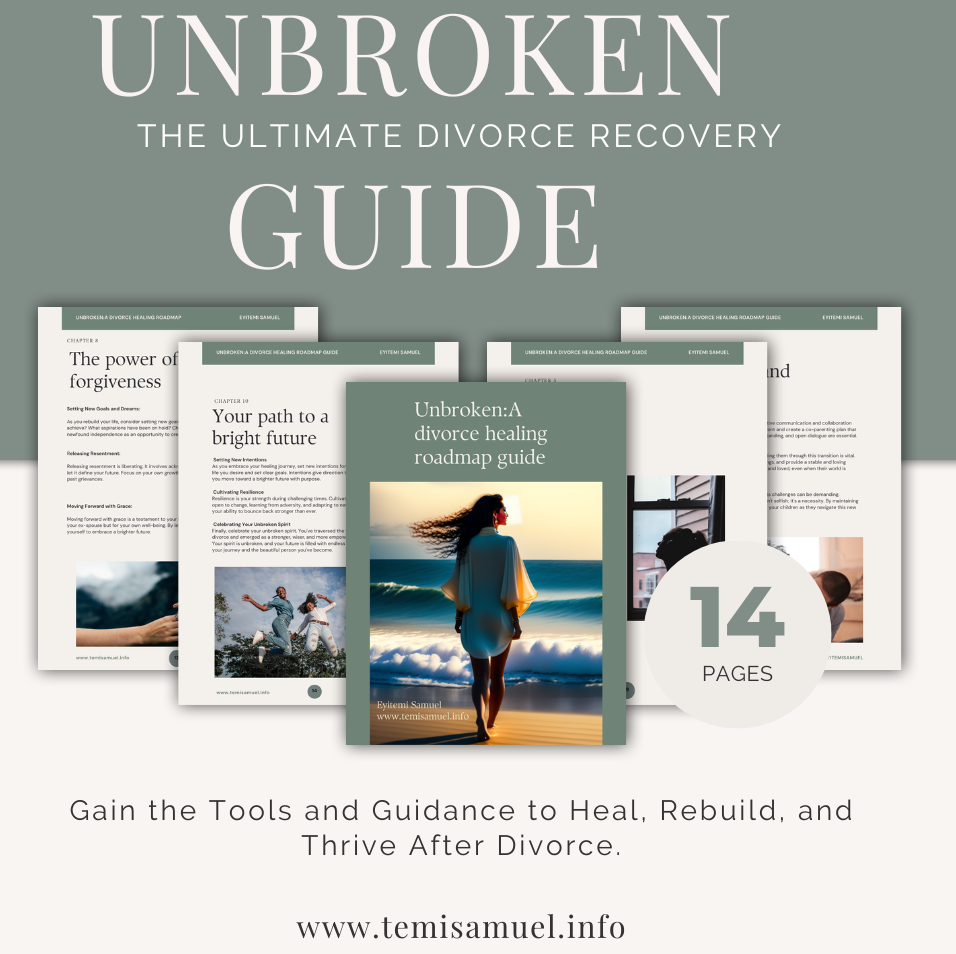Have you ever made a decision, only to immediately question whether it was the right one? I just forgot how to spell the word “Cheers” after including it in a congratulatory statement in a post online today. Then I said to myself why do I doubt if the spelling was wrong or correct? Second-guessing is caused by fear of failure, low self-confidence, overthinking, perfectionism, and social comparison. It often stems from anxiety about making the wrong choice.
While some degree of self-reflection can be beneficial, excessive second-guessing can lead to anxiety, indecision, and even missed opportunities.
So why do we do it? And how can we manage it effectively?
Why Do You Second-Guess Yourself?
Don’t say no, I am confident if you are reading this, you might have searched for it.
At its core, second-guessing is a defense mechanism meant to help us make thoughtful choices. However, when taken to the extreme, it can hold you back. Here are some of the key reasons we tend to second-guess our decisions, believe me, I related to these reasons as well.
1. Fear of Failure
One of the biggest drivers of second-guessing is the fear of making a mistake. When the stakes are high, we worry about the consequences of a wrong decision, which can lead to hesitation and self-doubt.
2. Low Self-Esteem
People who struggle with self-worth often question their judgment. They may attribute negative outcomes to personal failings rather than external factors, making them more prone to second-guessing.
3. Perfectionism
The desire to make flawless choices can be paralyzing. Perfectionists tend to overanalyze their decisions, constantly searching for an option that is “better,” even when their initial choice is already good.
4. Social Comparison
When we compare our decisions to those of others—especially in an age of social media—uncertainty creeps in. Seeing someone else make a different choice can make us doubt whether we’ve chosen the right path.
5. Overthinking
Replaying different scenarios in our minds can make us feel trapped in a loop of doubt. The more we analyze, the harder it becomes to trust our initial judgment.
6. Lack of Clarity
When information is incomplete or ambiguous, it naturally leads to uncertainty. Without clear facts or guidelines, it’s easy to second-guess our choices.
When Can Second-Guessing Be Beneficial?
Not all second-guessing is bad. In fact, some level of self-reflection can be helpful in making well-rounded decisions. Here’s when it can work in your favor:
1. Critical Reflection
A moderate amount of second-guessing allows us to identify potential flaws in our decisions. It gives us a chance to course-correct before it’s too late.
2. Considering Alternative Perspectives
Taking the time to weigh different options can help us make informed choices rather than acting on impulse. It encourages critical thinking and problem-solving.
How to Manage Excessive Second-Guessing
While some second-guessing is useful, too much of it can be paralyzing. Here’s how to keep it in check:
1. Identify the Source
Understanding why you second-guess yourself is the first step to managing it. Is it rooted in fear? Perfectionism? A lack of information? Identifying triggers can help you break the cycle.
2. Focus on the Decision-Making Process
Instead of fixating on whether your choice was “perfect,” remind yourself of the factors you considered when making it. If you made a thoughtful decision based on the best information available, trust it.
3. Build Self-Confidence
Regularly remind yourself of past successes and the times when your decisions turned out well. Self-affirmations and positive reinforcement can strengthen your belief in your own judgment.
4. Seek Support
If second-guessing is affecting your well-being, talking to a trusted friend, mentor, or therapist can provide reassurance and a fresh perspective. Sometimes, an outside opinion can help you see that your choice is more than reasonable.
Final Thoughts
Second-guessing is a natural part of decision-making, but when it becomes excessive, it can hinder progress and create unnecessary stress. By understanding its root causes and adopting strategies to manage it, we can move forward with confidence and clarity.
So the next time you find yourself doubting a decision, take a step back, trust yourself, and remind yourself that no choice is ever completely risk-free—but growth comes from learning, not from fear. Stay tuned to Age and Wealth


